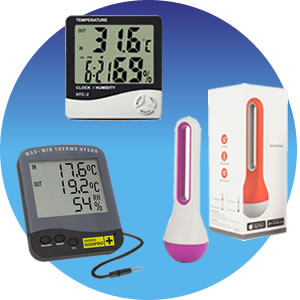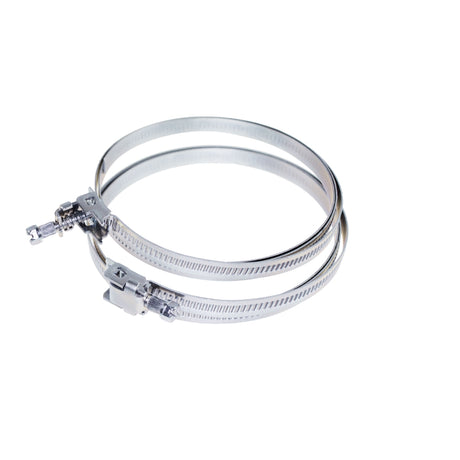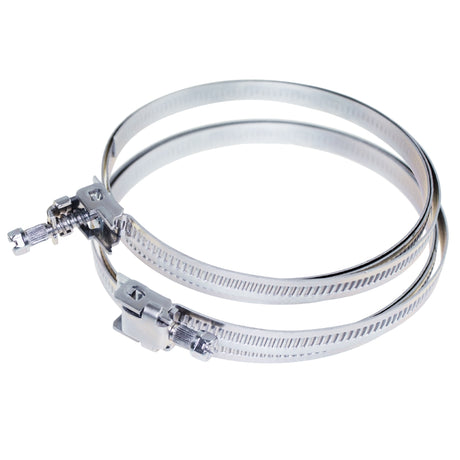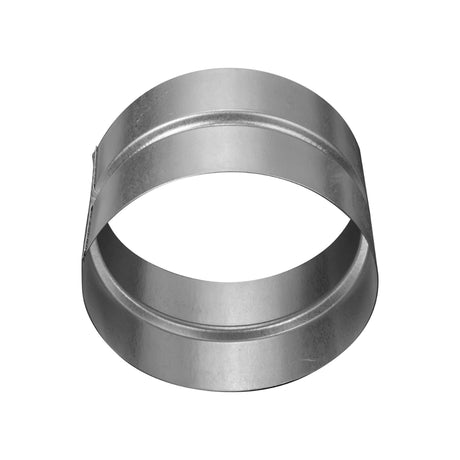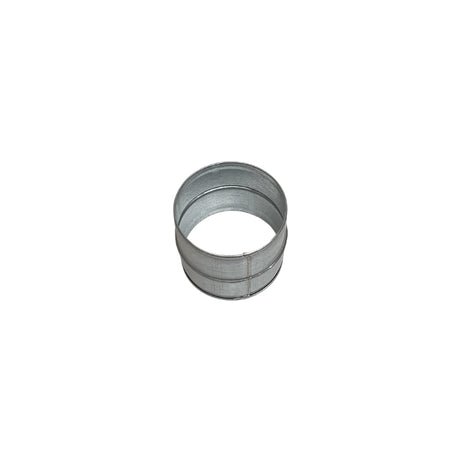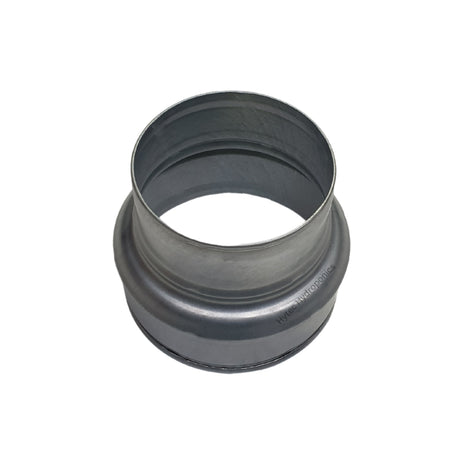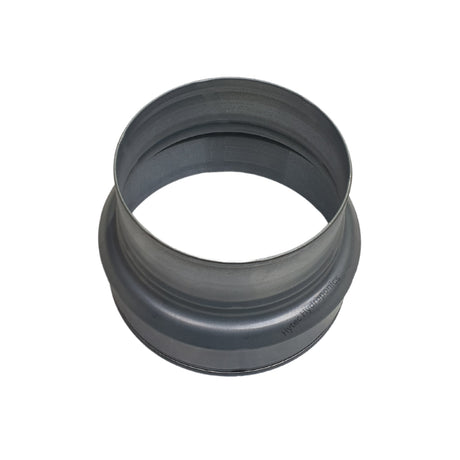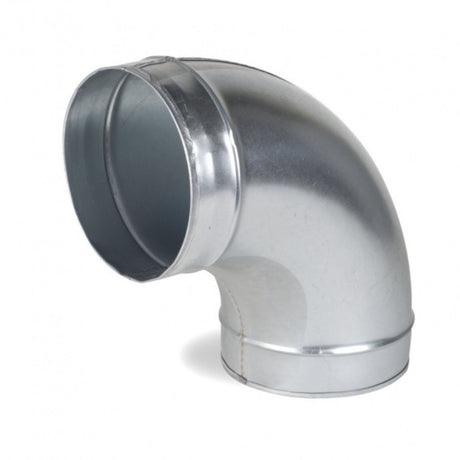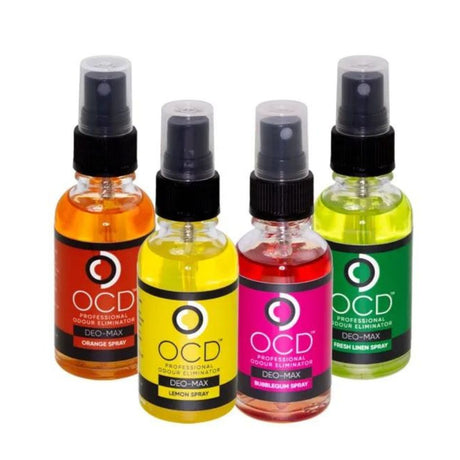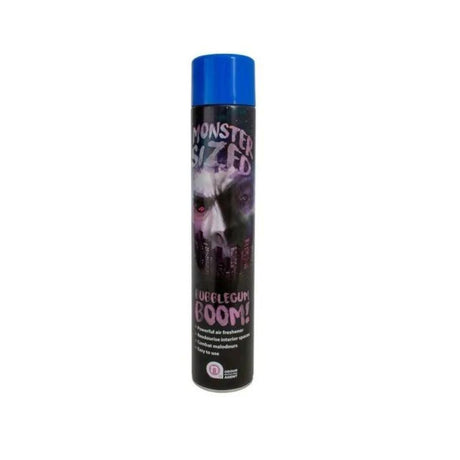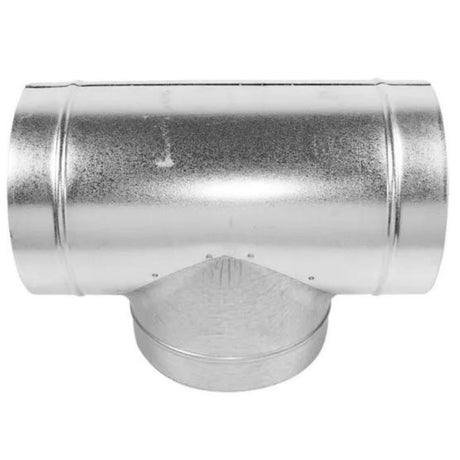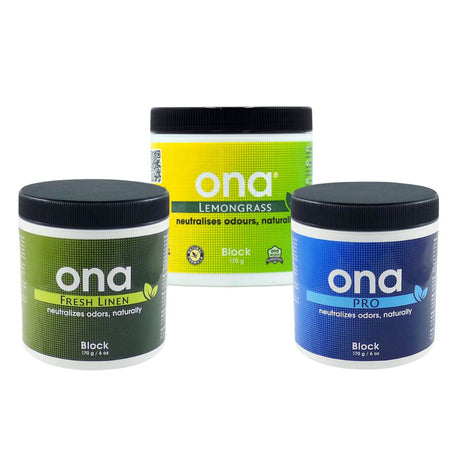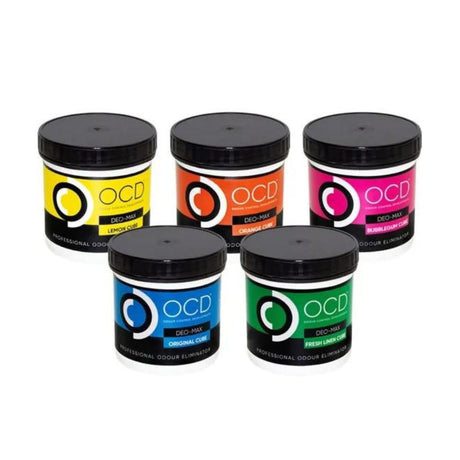Hytec Horticulture
Quick Release Duct Jubilee Clip
Regular priceFrom £1.66 GBPUnit priceUnavailableHytec Horticulture
Male Duct Coupling - All Sizes
Regular priceFrom £4.38 GBPUnit priceUnavailableOdour Neutraliser
OCD Aerosol Odour Neutraliser - 400ml
Regular price £4.96 GBPUnit priceUnavailableOdour Neutraliser
Odour Neutralising Agent Linen Fresh Spray
Regular price £7.46 GBPUnit priceUnavailableOdour Neutraliser
Odour Neutralising Agent Bubblegum Boom Spray
Regular price £7.46 GBPUnit priceUnavailable- £2.13 off
Hytec Horticulture
Weather Station Clock Thermometer
Sale price £8.29 GBP Regular price £10.42Unit priceUnavailable















